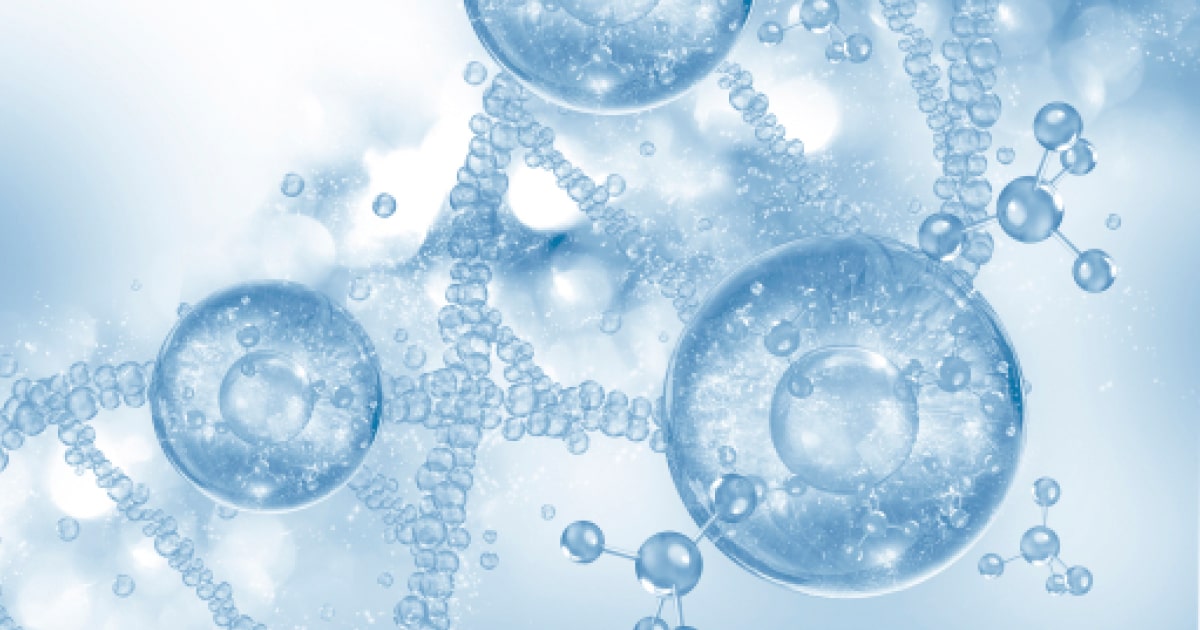
Expert Reviewed By: Dr. Brandon Colby MD
Understanding Autosomal Recessive Congenital Ichthyosis 5
Autosomal Recessive Congenital Ichthyosis 5 (ARCI5) is a rare genetic skin disorder characterized by the presence of a collodion membrane at birth and the development of mild to severe scaling and hyperkeratosis. This condition results from mutations in various genes, including CYP4F22, CERS3, PNPLA1, and NIPAL4, which play crucial roles in skin barrier function and lipid metabolism1234. Understanding the genetic basis of ARCI5 can help in accurate diagnosis, better management, and genetic counseling for affected individuals and their families.
Diagnosing Autosomal Recessive Congenital Ichthyosis 5
Diagnosis of ARCI5 involves a thorough clinical examination, detailed patient history, and genetic testing to confirm the presence of mutations in one or more of the associated genes. Clinical presentation of ARCI5 can vary, with some patients showing a mild ichthyosis phenotype, while others may exhibit more severe symptoms14. Some cases may even present with erythrokeratodermia variabilis-like features, further expanding the clinical spectrum of ARCI54.
The Role of Genetic Testing in Diagnosis
Genetic testing plays a crucial role in the accurate diagnosis of ARCI5. By identifying specific mutations in the associated genes, clinicians can confirm the diagnosis and distinguish ARCI5 from other ichthyosis subtypes or skin disorders with similar clinical features1234.
Using Genetic Testing for Autosomal Recessive Congenital Ichthyosis 5
Genetic testing for ARCI5 can provide valuable information for affected individuals, their families, and healthcare providers. By identifying the specific gene mutations responsible for the condition, genetic testing can help in several ways:
Personalized Treatment and Management
Understanding the genetic basis of a patient's ARCI5 can help clinicians tailor treatment and management strategies to address the specific underlying defects. For example, therapies targeting the impaired epidermal ceramide synthesis or lipid metabolism may be more effective in patients with mutations in the CERS3 or PNPLA1 genes, respectively23.
Genetic Counseling and Family Planning
Genetic testing can provide valuable information for affected individuals and their families regarding the risk of passing the condition to future generations. As ARCI5 is an autosomal recessive disorder, carriers of a single mutated gene copy generally do not show symptoms but can pass the mutation to their offspring. Genetic counseling can help families understand the inheritance pattern and make informed decisions about family planning13.
Prenatal and Preimplantation Genetic Diagnosis
For couples at risk of having a child with ARCI5, prenatal genetic testing can help determine if the fetus has inherited the mutated genes. Additionally, preimplantation genetic diagnosis (PGD) can be performed during in vitro fertilization (IVF) to identify embryos with the mutated genes before implantation, reducing the risk of having a child with ARCI51.
Advancing Research and Therapeutic Development
Genetic testing contributes to our understanding of the molecular mechanisms underlying ARCI5, which can inform the development of targeted therapies and improve patient outcomes. By identifying novel mutations and expanding the clinical spectrum of ARCI5, researchers can gain insights into the complex interplay between genetics and skin barrier function24.
In conclusion, genetic testing plays a crucial role in understanding, diagnosing, and managing Autosomal Recessive Congenital Ichthyosis 5. By identifying the specific gene mutations responsible for this rare skin disorder, affected individuals, their families, and healthcare providers can make informed decisions about treatment, management, and family planning.
About The Expert Reviewer
Dr. Brandon Colby MD is a US physician specializing in the personalized prevention of disease through the use of genomic technologies. He’s an expert in genetic testing, genetic analysis, and precision medicine. Dr. Colby is also the Founder of and the author of Outsmart Your Genes.
Dr. Colby holds an MD from the Mount Sinai School of Medicine, an MBA from Stanford University’s Graduate School of Business, and a degree in Genetics with Honors from the University of Michigan. He is an Affiliate Specialist of the American College of Medical Genetics and Genomics (ACMG), an Associate of the American College of Preventive Medicine (ACPM), and a member of the National Society of Genetic Counselors (NSGC)